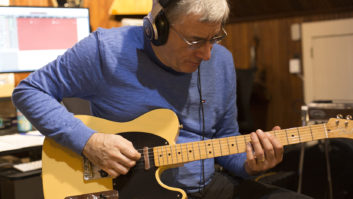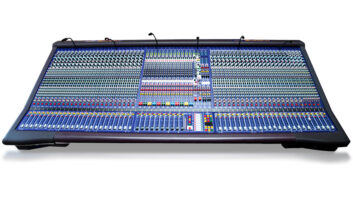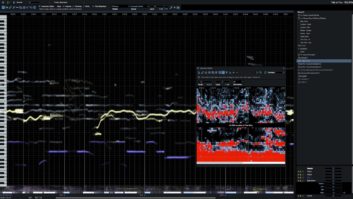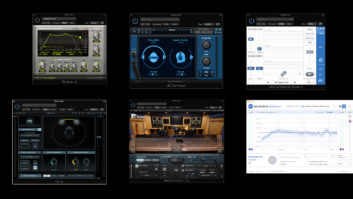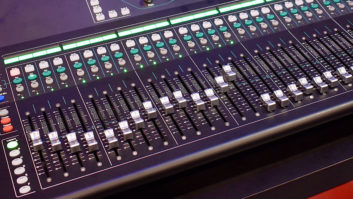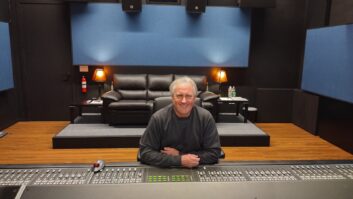Here’s a thought exercise. Imagine you had to mix the same song twice, in different studios with different monitors (I know that sounds like a pretty unlikely scenario, but stay with me on this). Assume that both situations were about equal in terms of the studio acoustics and accuracy of the monitors. Do you think both mixes would end up being similar?
It does seem logical to assume that if you’re an experienced engineer, you would impose your mixing workflow or system in both cases, and therefore end up with a pretty similar result. Or would you? What if one studio was brightly lit and cheerfully decorated, and the other was dark and severe. Would that subconsciously impact how you approached the mix?
Read more Mix Blog Studio: Something Is Rotten in Copyright Land.
Alternatively, what if you were feeling a little down about something when you did one of the mixes and really happy while working on the other? Would you end up with a substantially different mix, or are those factors irrelevant because you have an established workflow that you stick with that produces consistent results? I can’t pretend that I have a definitive answer, but I am fascinated by the dynamics (not in the musical sense) and decision-making of the mixing process.
Revisions notwithstanding, the “mix the same song twice” scenario I just painted is obviously not very likely. In a more normal situation, where each song you mix is different, the variations in the songs themselves—in style, performance, tempo, and so forth, along with your goals for the mix—will have a significant impact on how you approach each song. Still, I do wonder to what extent external factors can impact the process.
I would posit that the more you’re aware of your mixing workflow, and the more you routinize it, the less it will be affected by your circumstances. It’s the difference between being proactive and reactive. If you have a general workflow that’s the same from one mix to the next (let’s say you always start by getting a rough balance without panning or processing, then work on individual channel EQ and compression, then add reverb, and so forth), that’s a proactive approach.
Conversely, if you make it up as you go every time, and you base your decisions on the sound of the mix at any given moment, you are being reactive. Sometimes the latter approach can prove useful because it can take you to a place you haven’t been before. However, it’s a lot less reliable because you can end up off in the weeds relatively quickly, and it leaves you more vulnerable to being affected by your mood or any external stimuli. At least, that’s my theory.
I am continually striving for consistency in my approach to mixing. I try to use a similar setup for most of my mixes, with the same routing structure and initial reverb and delay setups.
When I do interviews with established mix engineers, I’m always impressed by the degree of introspection they have toward their mixing process, and how they’re able to break down the various steps they take. You get the feeling that they can tune out the external circumstances and be consistent from one mix to the next. I guess that’s one of the reasons they’re successful. It’s certainly an approach we should all strive for, don’t you think?
